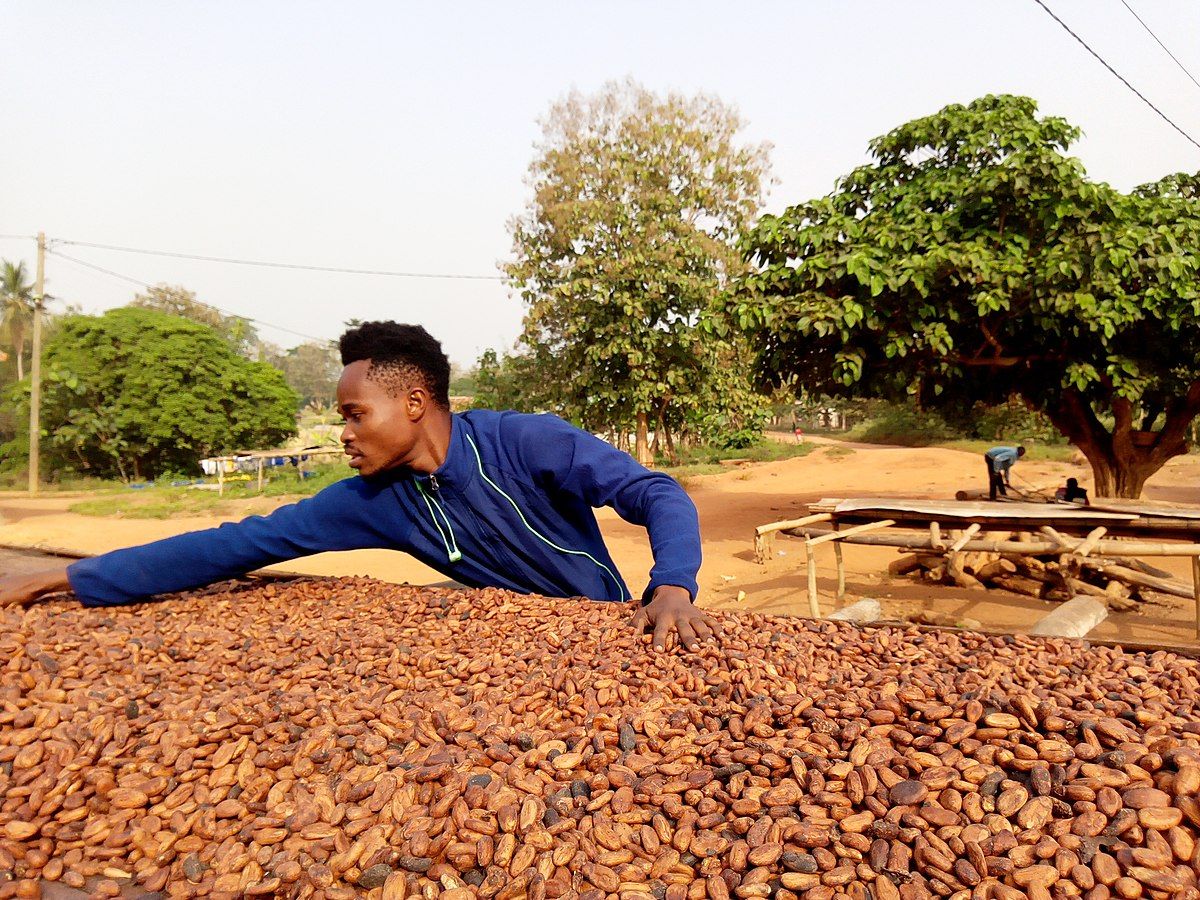It is no secret to most who will read this that affluent States use coercion, through geopolitical power and hoarding of resources, to push their self-inflicted problems onto those who are already suffering. And let’s not forget, less powerful nations are often weaker as a direct result of wealthier countries’ colonialism, extractivism, and imperialism. The resulting power imbalance is ripe for exploitation when wealthy nations run into national crises. Such is the case with Switzerland.
Switzerland has put itself on a course to ‘offset’ its own ecological destruction by providing the means for developing nations to become more environmentally sustainable. This is because Switzerland has set itself a supposedly ambitious, but ultimately necessary, goal: to cut its emissions in half by 2030. While this is far from sufficient to have a good chance of fighting back the worst of the climate crisis, it is better than what many other affluent States have set as their climate targets.
However, the Swiss government is now claiming they have bitten off more than they can chew with this new pledge. Or it might be just that they actually don’t care about addressing the climate crisis and never did, and that this was one of the usual half-empty promises made by OECD countries. I’ll let you decide. Either way, they are now looking outward for answers.
Switzerland has turned to funding poorer nations to enact local ecological projects. In the roster so far are Ghana and Dominica, with several more having signed agreements. In Ghana, one of Switzerland's proposals is to outfit five million households with efficient lighting and cleaner-burning stoves. This undoubtedly seems like a good idea, and it cannot be denied that it does have some surface-level advantages — reduced exposure to pollution in the home, for example. It is moving more steps, if only a few, toward a more ecological future.

However, this outsourcing strategy ultimately obscures deeper problems. For instance, Switzerland gets a public relations boost by taking credit for these advancements without any real sacrifice in its own territory. Not only is it a lazy way of contributing to natural harmony, but it will also no doubt be used by Switzerland to demonstrate its supposed climate morality as it continues to feed a growth economy. All the while, their PR-focused plan plays into historical tropes of rich, mostly white nations abusing the needs of poorer countries with populations of colour to further their own goals.
Moreover, this kind of outsourced approach misses the forest for the trees. We have countless studies that show that affluent nations are the overwhelming contributors to the climate crisis, and that developing countries pay the brunt of the cost for that ecocide. We also know that the richest individuals in the world are also the biggest contributors to greenhouse gas emissions. For its part, Ghana contributes a mere .04% of global CO2 emissions; Dominica is at 0%. Switzerland, meanwhile, is responsible for .11% of global CO2 with significantly more emissions per capita than either of its two new ‘partners.’ With this in mind, does it make sense for Switzerland to be putting the focus on rice growers in Ghana? Imagine what might be achieved by targeting the actual culprits of global climate change rather than piecemeal stunts like this.
This twisted logic bears out in the fact that many of the projects Switzerland will end up investing in will already be in the works, or will be at some point, regardless of funding from other nations, per the NYT. To put it another way: Switzerland is pushing at an open door when it comes to these investments. So it is that they get easy PR while letting themselves off the hook for further indulgence in the excesses of capitalism.
It is unclear how the Swiss public feel about this most recent development. However, a narrow majority rejected by referendum a package of proposals for better ecology last year. If that still holds true, then they may very well welcome the deals with Ghana and Dominica as a ‘compromise’ option which doesn’t impact their day-to-day comfort. Yet let’s not confuse the issue: it may seem like a savvy move, but it is ultimately a showing of climate apathy to others around the world, and particularly those in the Global South.
Switzerland is at least somewhat honest in claiming there is no way they will complete the last third of their targets to halve their emissions by 2030. Also, to their credit, they already generate most of their energy through renewables, chiefly hydroelectric and nuclear, so cutting emissions further is arguably more difficult for them than many other affluent nations. However, this talking point elides the fact that two-thirds of Swiss pollution is outsourced to other countries, allowing their lands to stay clean and their affluence to remain greenwashed. Consider, for example, the fact that Switzerland is known for its chocolate, but doesn’t grow almost any cocoa itself. Its most famous product is therefore generated by importing cocoa instead from countries in the Global South. Top of the charts?
You guessed it: Ghana (at least until last year).
Meanwhile, little has been done to curb total consumption in Switzerland. This means that although the country has turned to renewables, its citizens haven’t given up anything in terms of lifestyle or capitalist growth. All of this shows that the troubling and untenable dynamics between the Global North and South are to stay firmly in place.

As we are aware, we are only in the beginning stages of the climate crisis, and it is already harrowing. Long gone is the question of whether it will ever be on humanity’s doorstep; it is here, and has been for a long while now, especially in the Global South. Rich nations have an obligation to assist poorer ones in building lasting green infrastructure.
However, this should never be some trade-off wherein the wealthy country abandons the fight against emissions on its own turf in favour of feel-good projects abroad. There are worries that the actions Switzerland is taking will have a domino effect and other affluent nations will follow suit, giving themselves more opportunity to consume at terribly high levels while the rest of the already suffering worldpicks up the slack. As evidence of this, the NYT reports Sweden and Japan have already said they will be following a similar path to the Swiss. This pivot is a sort of inverse of climate reparations, the notion that those who have consumed the most should help mitigate the effects of climate change for the nations who are facing the brunt of the consequences. As if to hammer home how far we are from entertaining that idea, the latest UK Prime Minister on the merry-go-round has now sworn off climate reparations altogether at COP27.
The Swiss approach is simply not the way forward. We have to look inward, not outward, and challenge the real sources of emissions: big companies and the ultra-rich. We must slow this runaway train before it is too late. Our deadline for significant mitigation is coming much sooner than we think, or would ever wish.
Photo by Hansjörg Keller on Unsplash
Special thanks to our patrons, who make everything we do possible:
Mr Jake P Walker, Josh Stead, Aryeh Calvin, Meghan Morales, Kimonoko, Maria Rahim, Choatic Capybara, Christian Kennedy, Cy.Maggran, Alex Paterson, Laetitia Lüke, Paul Treadwell, La Val, Bogdan Ovidiu Gheorghiu, Joshua Akapo,
If you would like to support us and help us grow, consider becoming a Patron:





